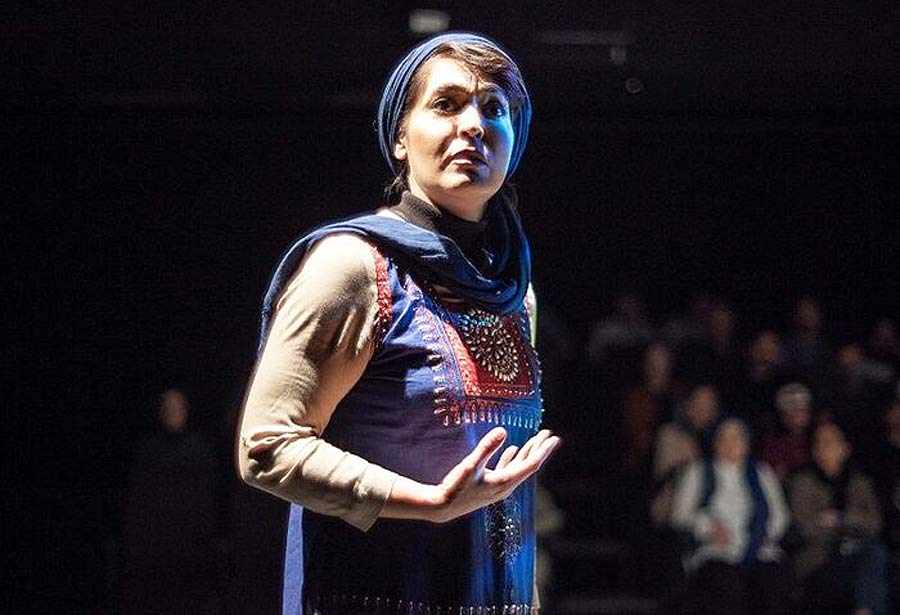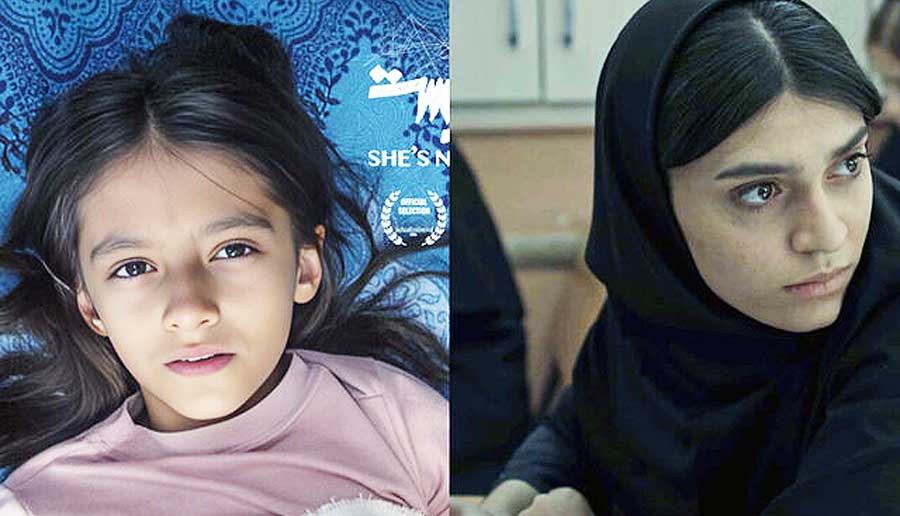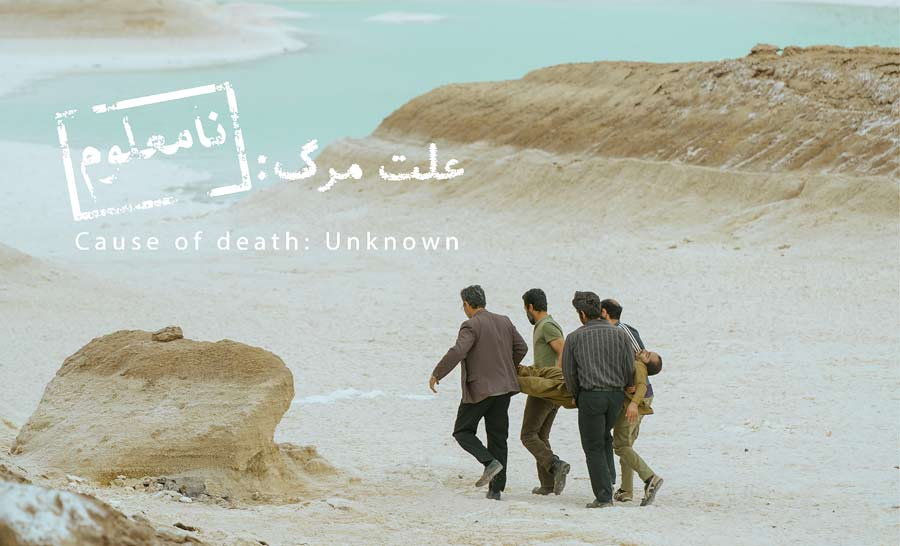-
Short cinema is always an opportunity to condense and depict moments in which “time” does not function linearly, but rather as a knot of longing…
-
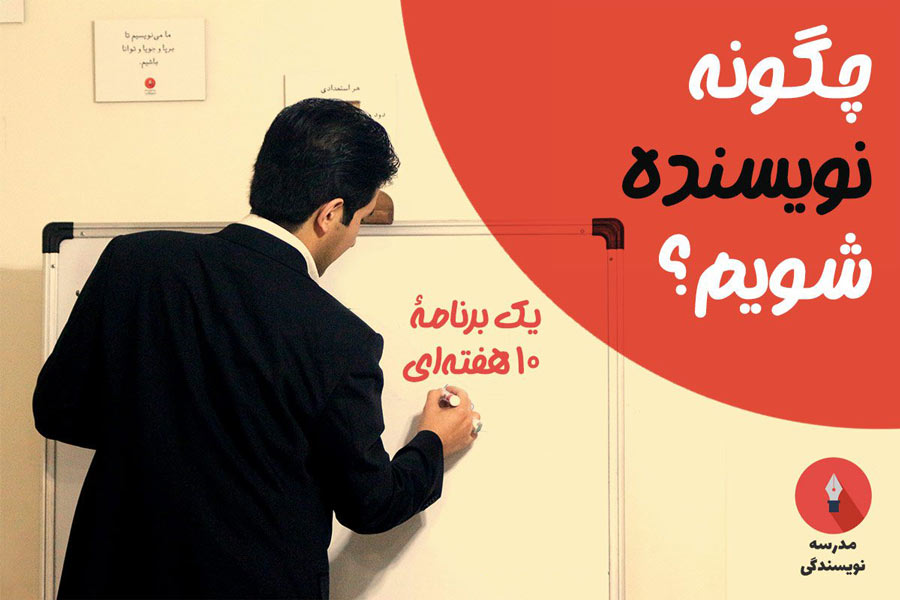
-
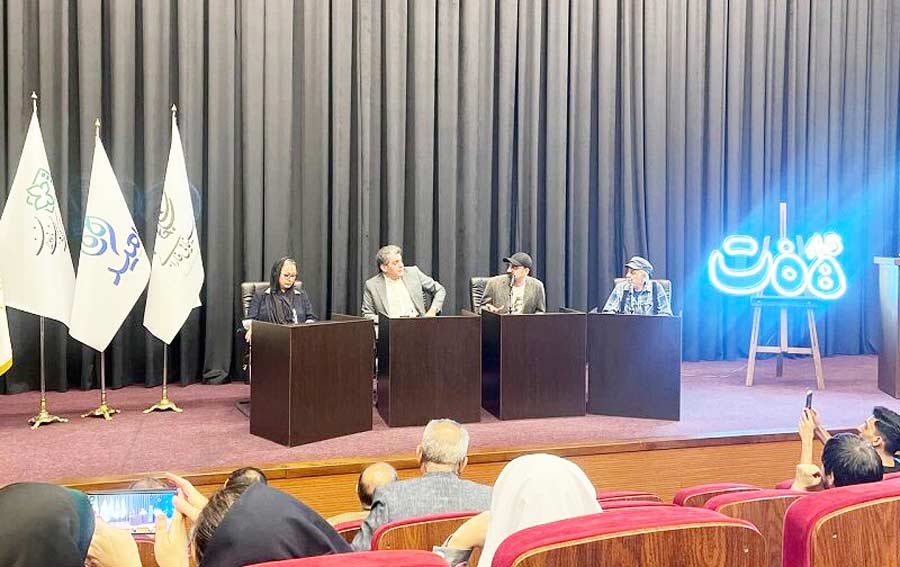
-
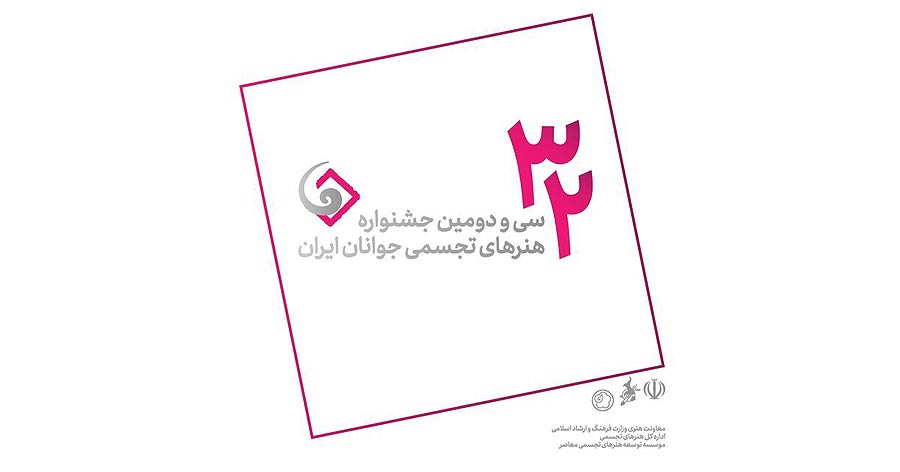
-
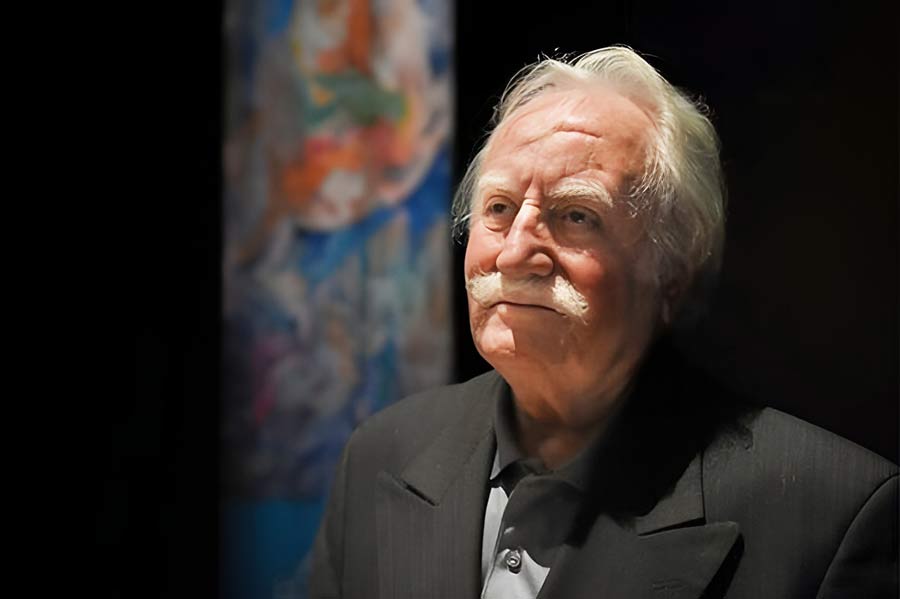 2025-08-11
2025-08-11The passing of Master Mahmoud Farshchian
-
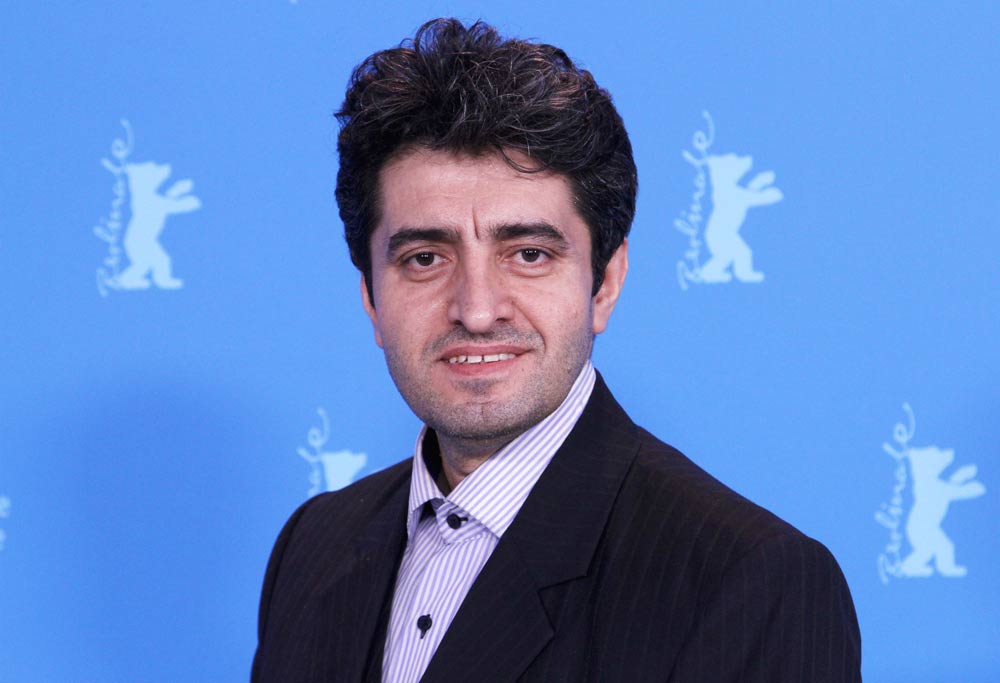
- Photography
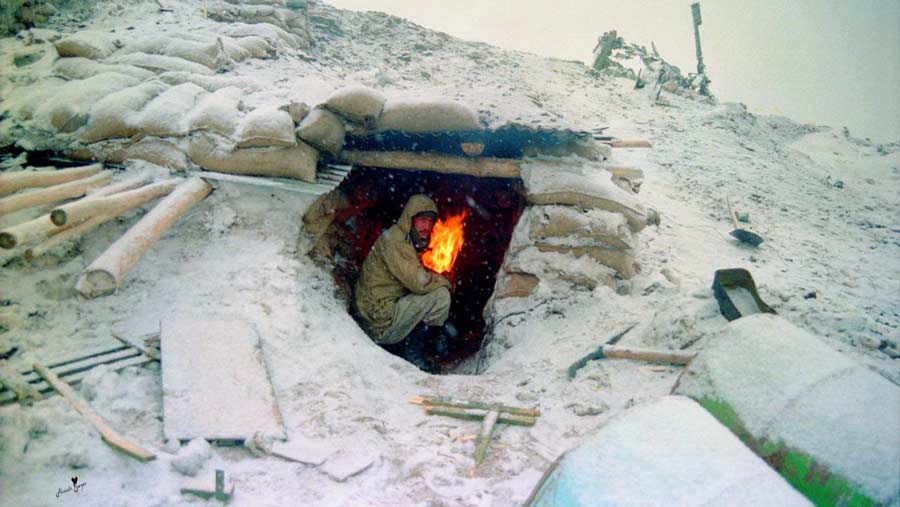 Editorial2025-09-24
Editorial2025-09-24A frame that never gets old
The era of the Sacred Defense was not just a battlefield, it was a scene of sacrifice, faith, and moments that had to be immortalized. One of those who took…
-
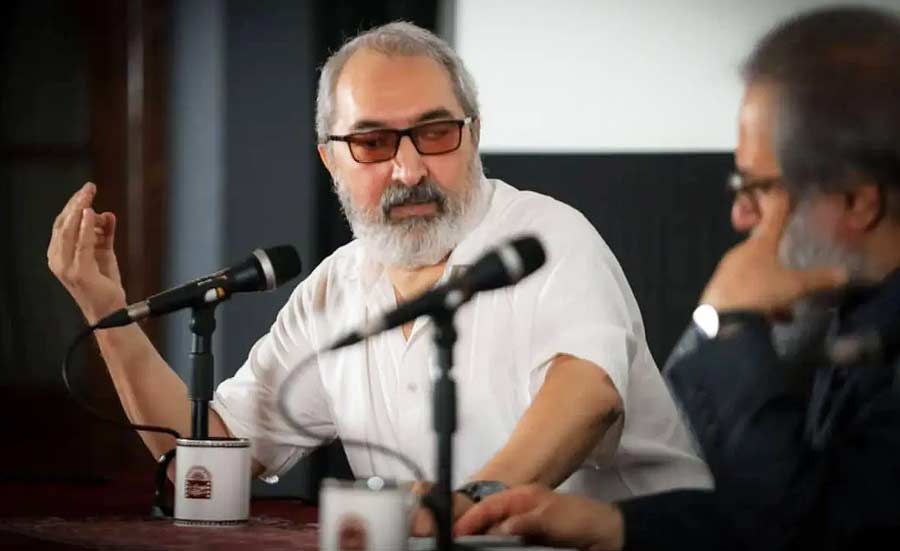
-
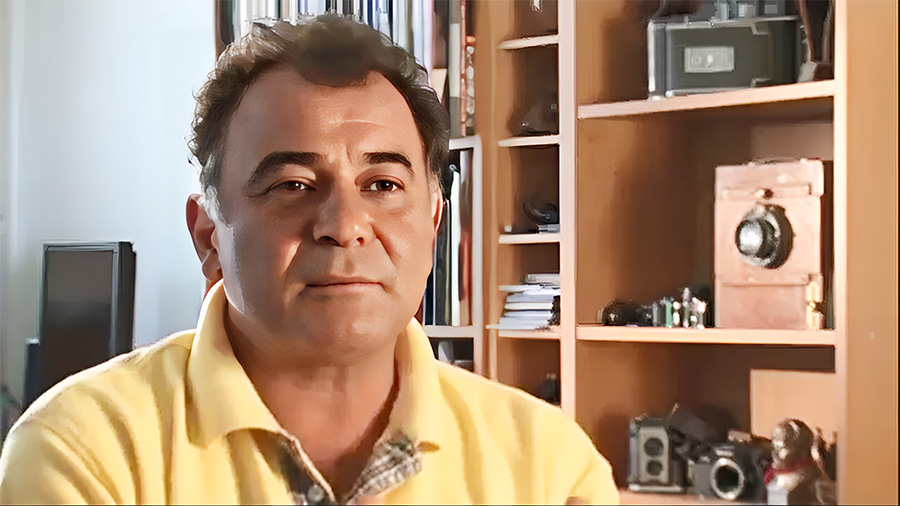
-
 2025-05-12
2025-05-12“Nastaliq Reading” Bootcamp for Designers
-
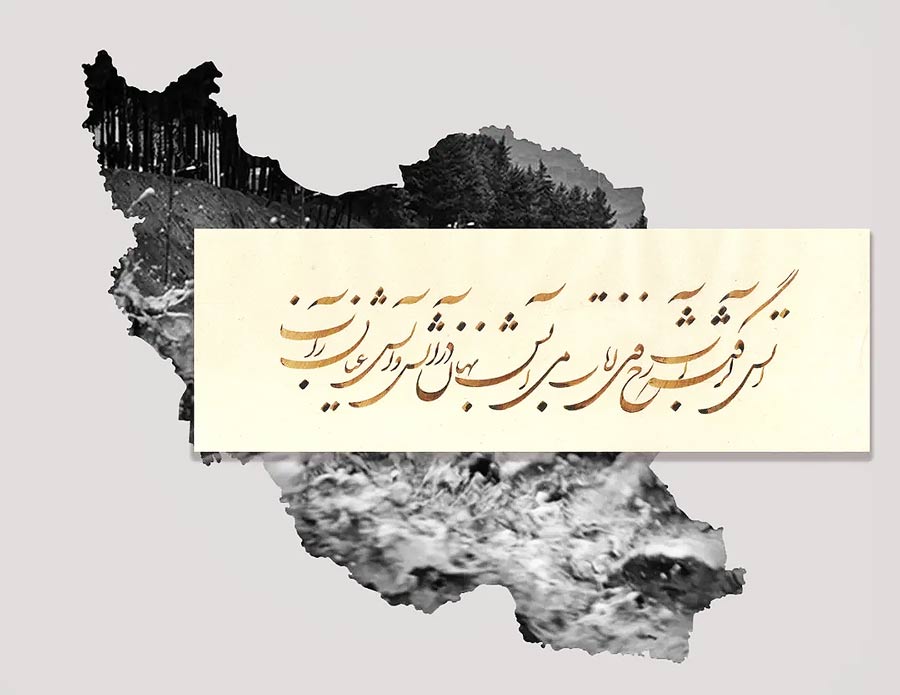 2025-04-30
2025-04-30Condolences through the language of art
Dramatic
4 weeks ago
Criticism and analysis of the short film “Life Is Gone” by Siavash Saedpanah and Omid Gharibi
Short cinema is always an opportunity to condense and depict moments in which “time” does not function linearly, but rather…
Dramatic
2025-12-23
An analytical review of the short film “Descent” by Ashkan Saedpanah
The short film “Descent,” made by Ashkan Saedpanah, is a minimalist, turbulent, and moving narrative of man’s moral and spiritual…
Music
2025-12-07
A look at records and artworks of Hamidreza Ghorbani
Hamidreza Ghorbani, born in Isfahan on July 30, 1991, is a singer, songwriter, composer, and arranger. His main style is…
Dramatic
2025-12-01
An analytical look at the film Turtles Can Fly
The film Turtles Can Fly (Bahman Ghobadi, 2004) has been the focus of attention from critics and audiences since its…
Dramatic
2025-10-24
Review of The Old Bachelor film, by Oktay Baraheni
Robert Safarian* – The problem with the characterization of Alyosha here and now / There is no doubt that the…
Dramatic
2025-10-21
The identity and language of Kurdish Cinema
Kurdish Cinema, as the largest example of a Transnational and Stateless cinema, is an identity-based movement that has formed across…
Dramatic
2025-10-16
Nasser Taghvai; Author and Cinematographer who initiated a new wave in Iranian cinema
Nasser Taghvai, a veteran Iranian filmmaker and writer, has died at the age of eighty-four. According to Artmag.ir, Marzieh Vafamehr,…
Dramatic
2025-09-22
A look at the short film “SON” by Saman Hosseinpour
The short film “SON”, written and directed by Saman Hosseinpour and produced by Philip Rittler and Saman Hosseinpour, is a…
Visual Arts
2025-08-30
From Passion to Intuition: Iran Darroudi’s Aesthetic Transition
Works of art, are a reflection of the artist’s personal, social, and historical circumstances; conditions that the artist, influenced by,…
Dramatic
2025-08-27
The problem of left and critics’ misconceptions about works of art
In the current era, public opinion is at odds with the left, and without knowing the true context of leftist…
Dramatic
2025-08-15
Analysis of short film “DOMESTIC” by Nima Abdolazimi
The short film “DOMESTIC,” written by Ako Zand Karimi, Nima Abdol Azimi, Vahid Ahmadi, and directed by Nima Abdol Azimi,…
Visual Arts
2025-07-19
A study of Tehran’s architectural facades in the last decade from the perspective of murals
Murals are a significant form of urban art. Murals and the quality of their colors are often discussed, but the…
Visual Arts
2025-07-07
Study of the reflection of social harms in Iranian short animations featured in international festivals
Animation, due to the vastness of its visual capacity and the various techniques used in its production, has the ability…
Dramatic
2025-07-04
“Cold Dawn”, a narrative of anger on the verge of forgiveness
The short film “Cold Dawn” (2023), directed by Mohammad Hossein Ramezani, presents a realistic and psychological narrative that is outwardly…
Dramatic
2025-06-02
Narmook, the story of a denial
The short film “Narmook,” directed by Ghazal Zoghinia, is a work that, with a realistic perspective on the outskirts of…
Dramatic
2025-05-24
Analysis of the short film “Farewell Day”: Drama or tragic memory?
The short film “Farewell Day,” directed by Farzad Ranjbar Nazari, was screened at the 41st Tehran International Short Film Festival…
Dramatic
2025-04-09
In the shade of the cypress, life breathes
The animated film “In the Shadow of the Cypress” (produced in 2002, co-directed by Shirin Sohani and Hossein Molayemi, produced…
Dramatic
2024-07-06
Kheimeh Shab Bazi, A National Cultural Heritage in Oblivion
In defining “Culture,” intellectual aspects of life such as science, art, and religion are addressed. These include values, beliefs, attitudes,…
General
2024-03-31
Ruyin Pakbaz and Encyclopedia of Art
Ruyin Pakbaz, is an Iranian art historian, critic and modernist painter who has played an important role in turning art…
Visual Arts
2024-02-21
A look at records and artworks of Faridollah Adib Ahein
Faridollah Adib Ahein, born on November 7, 1965, is an artist and researcher, musician and painter of modern art and…
Music
2023-12-26
Role of Armenians in the development of Iranian music
Armenian music has a history of thousands of years. Duduk, as an Armenian musical instrument, has an ancient history that…
General
2023-12-25
Second stage of donating specialized books to the National Academy of Fine Arts
The director general of the artistic planning and education office of the Ministry of Culture and Islamic Guidance announced the…
General
2022-11-03
Modernity, stagnation or continuity?
Alireza Karimi Saremi: Modernity began in an era when the world was thirsty for a huge transformation, wanting a free…
General
2022-07-30
Role of culture in creation of a work of art
Alireza Karimi Saremi: One of characteristics of every land is culture of its people throughout history, and culture is an…
- Concert
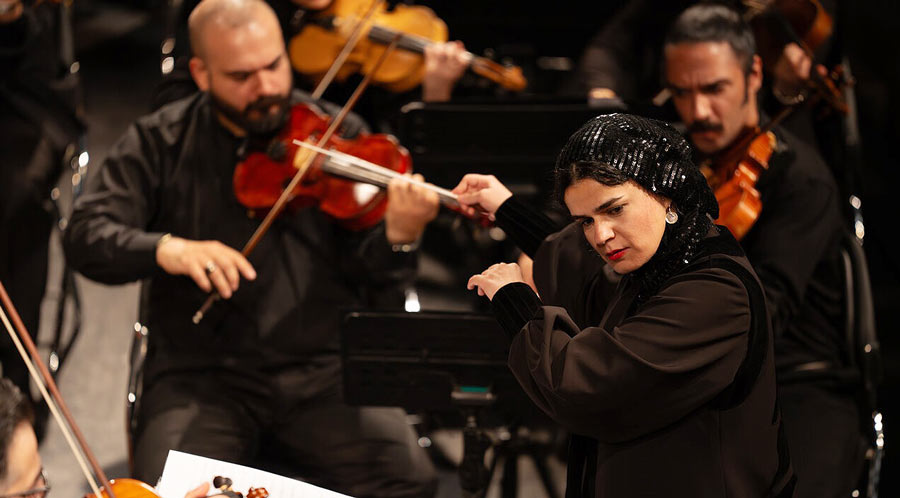 Editorial2025-11-15
Editorial2025-11-15The brilliance of women in Vahdat Hall
For the first time, the Tehran Symphony Orchestra took to the stage of Vahdat Hall under the leadership of a female musician, and Paniz Faryousefi, alongside Pedram Faryousefi as violin soloist, gave a different and…
-
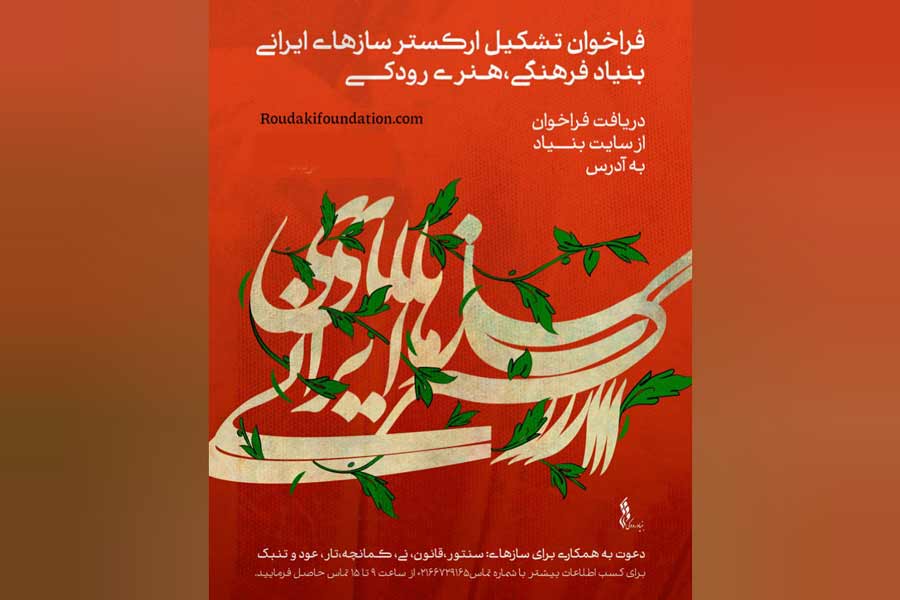
-
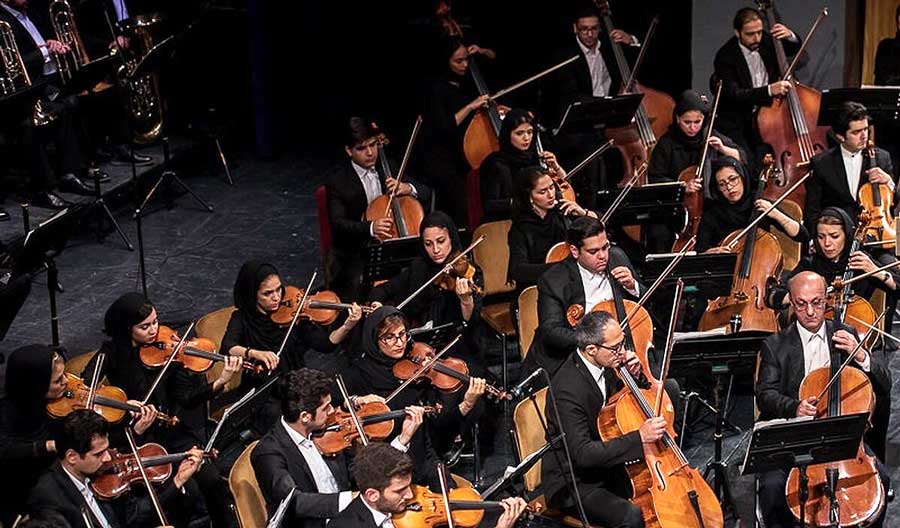 2025-06-25
2025-06-25Tehran Symphony Orchestra for Iran
-
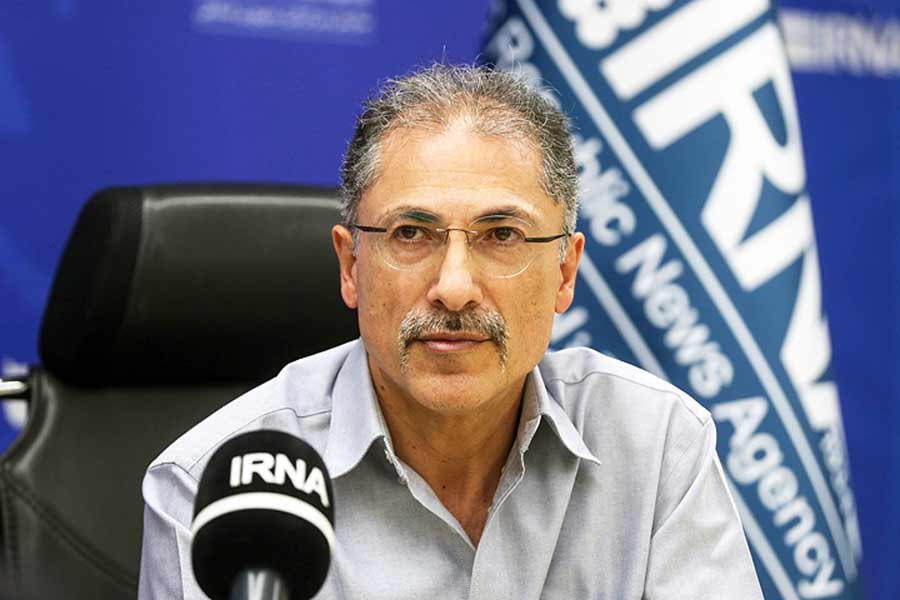
-
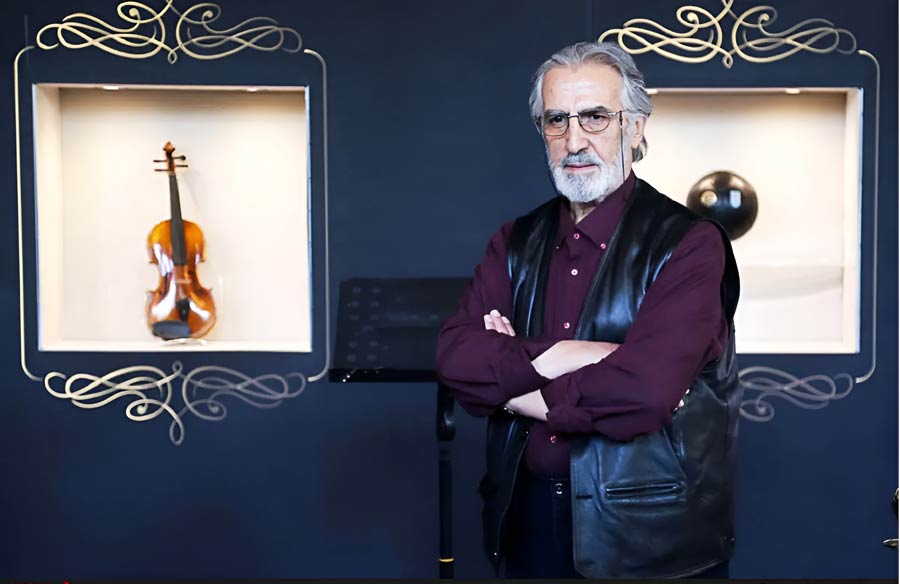 2025-01-14
2025-01-14The Death of Master Fereydoon Shahbazian
- Literature
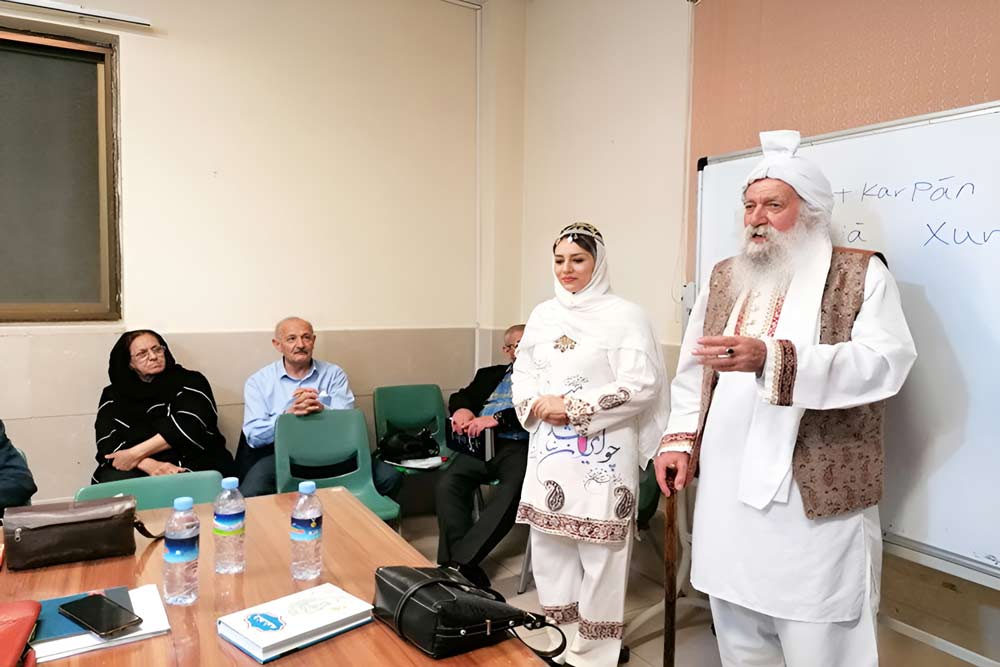 Mohsen Sanei Yarandi2024-12-22
Mohsen Sanei Yarandi2024-12-22Shahnameh Reading, a bulwark against cultural threats
Shahnameh Reading, in heart of Isfahan’s historical region, stands as a bridge between past and new generation; every week, a group of lovers of Persian language and literature gather to…
-
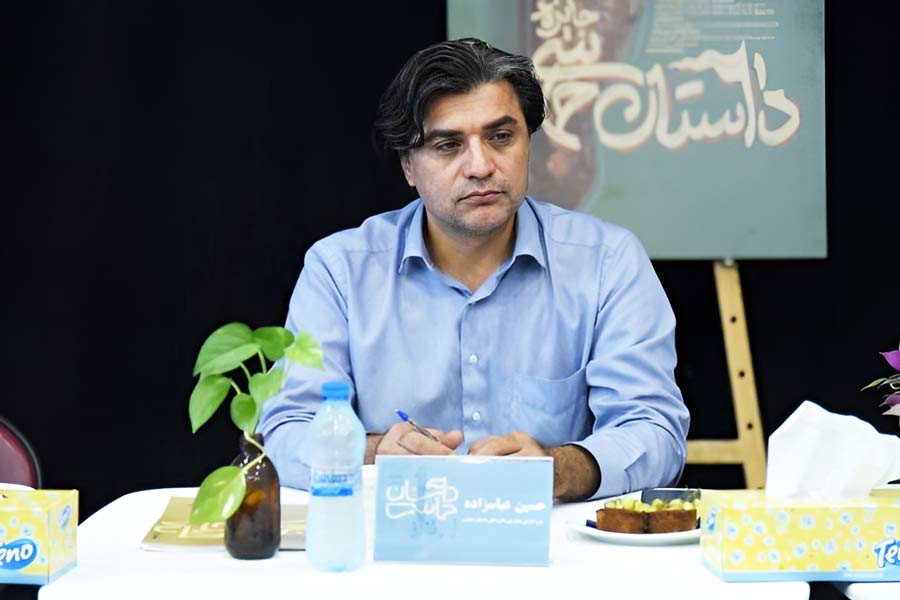
-

-
 2024-01-29
2024-01-29Where considerations are much greater
-

- Videos
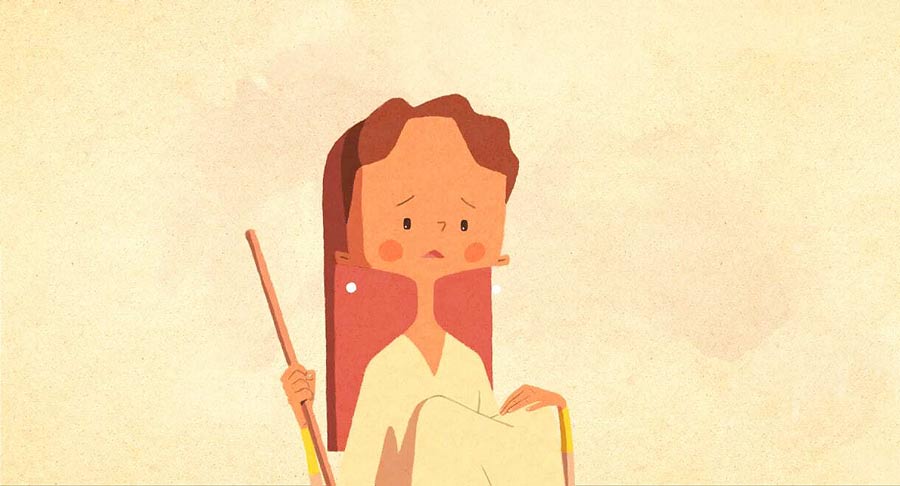 Editorial2025-03-04
Editorial2025-03-04Iranian short animation In the Shadow of the Cypress wins Oscar
According to Artmag.ir, the Iranian animation In the Shadow of the Cypress, directed by Shirin Sohani and Hossein Molayemi, won the Oscar for Best Animated Short.
-
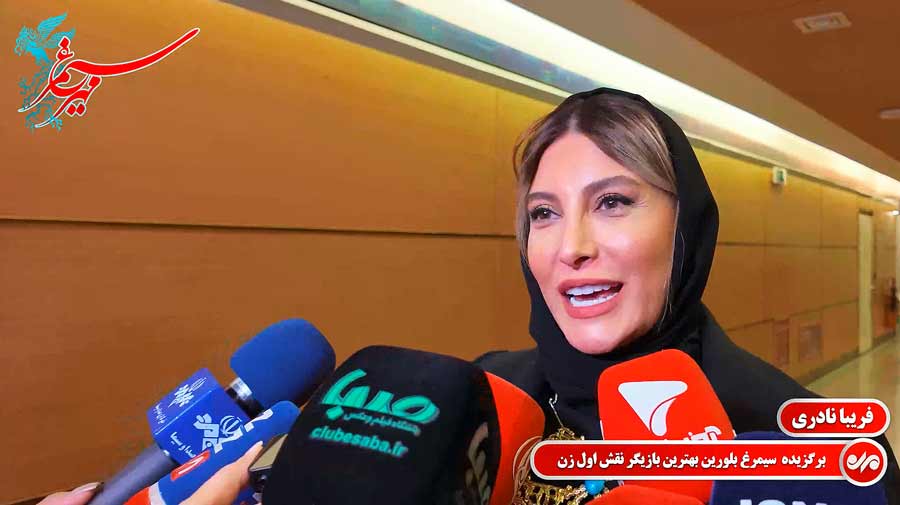
-
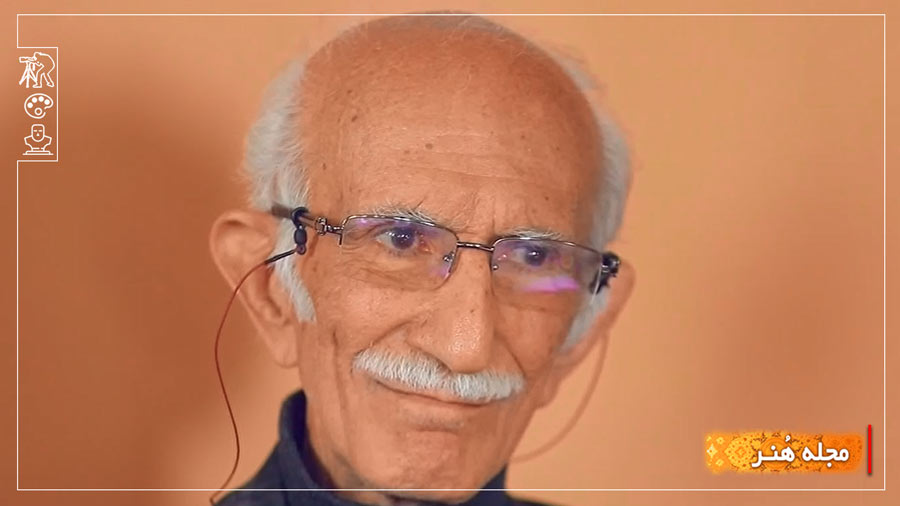
-
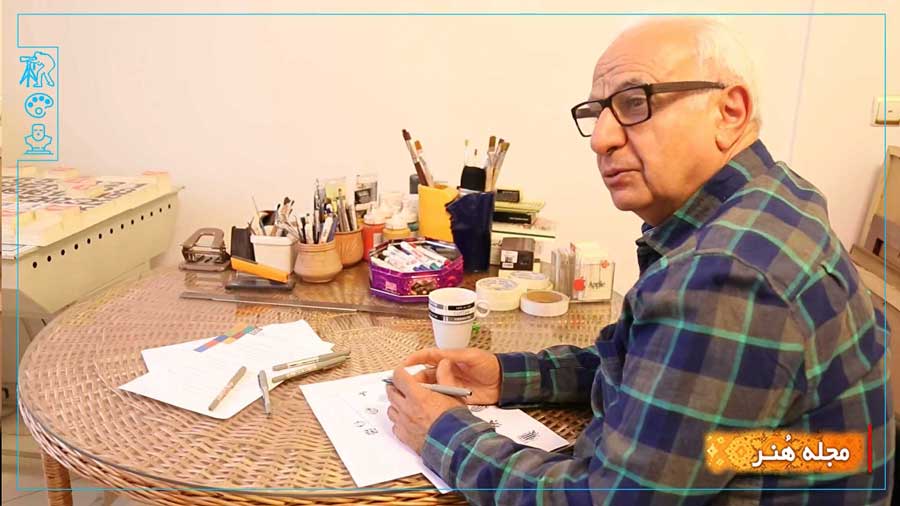 2024-10-10
2024-10-10Graphic and Master Mostafa Asadollahi
-
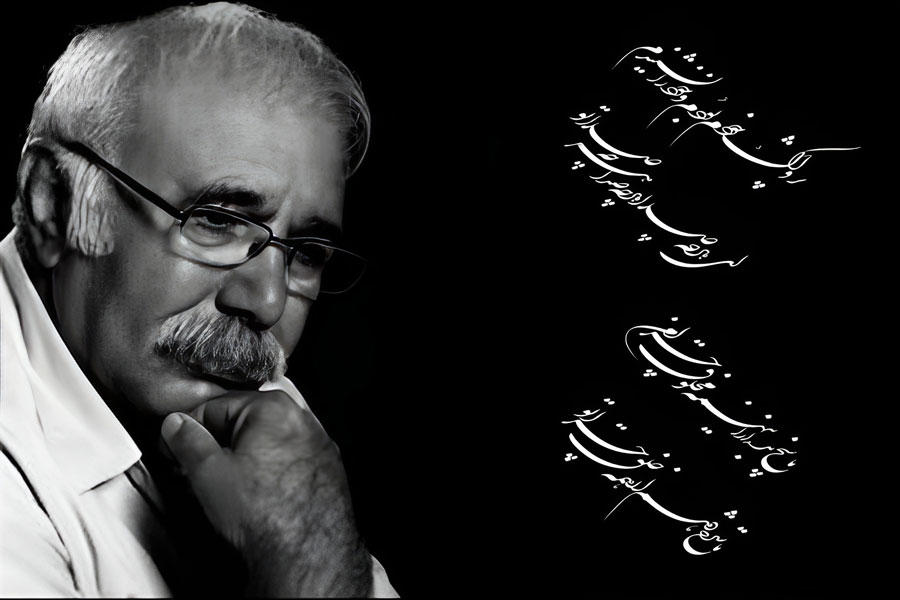
-
 2024-02-01
2024-02-01The music video “Timeless” was released
All News
- Dramatic
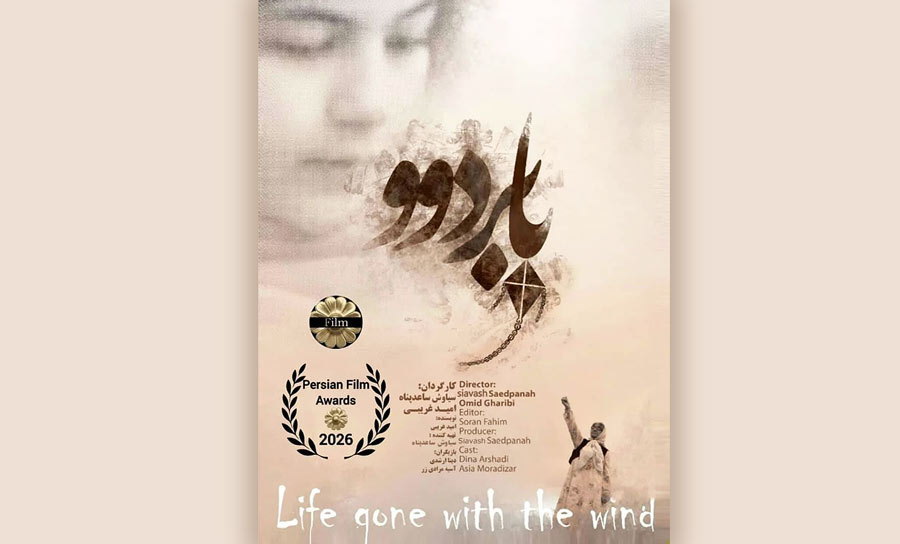 Hamed Bahrami4 weeks ago
Hamed Bahrami4 weeks agoCriticism and analysis of the short film “Life Is Gone” by Siavash Saedpanah and Omid Gharibi
Short cinema is always an opportunity to condense and depict moments in which “time” does not function linearly, but rather…
- General News
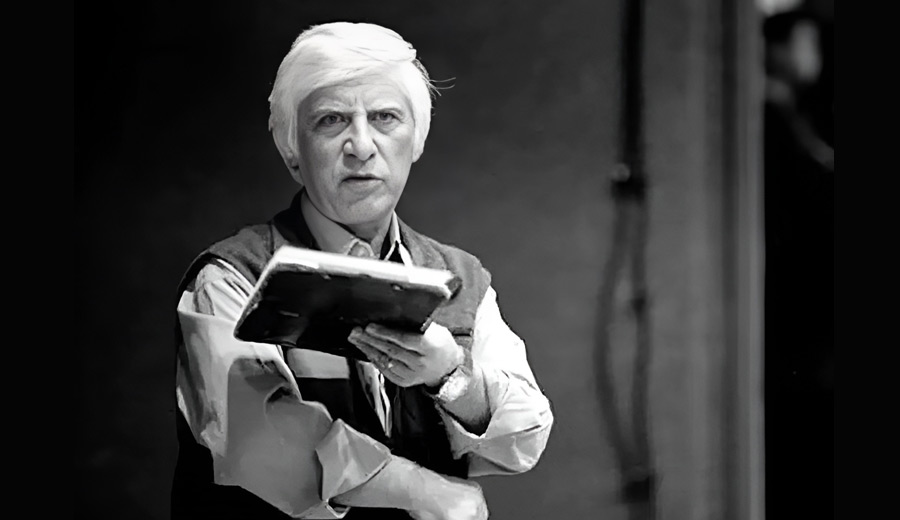 Editorial2026-01-02
Editorial2026-01-02Beyzaie, the contemporary heir of Iranian history and culture
“It is the thousands of years of Iran’s rich history and culture that make us Iranians and place a great…
- Cinema
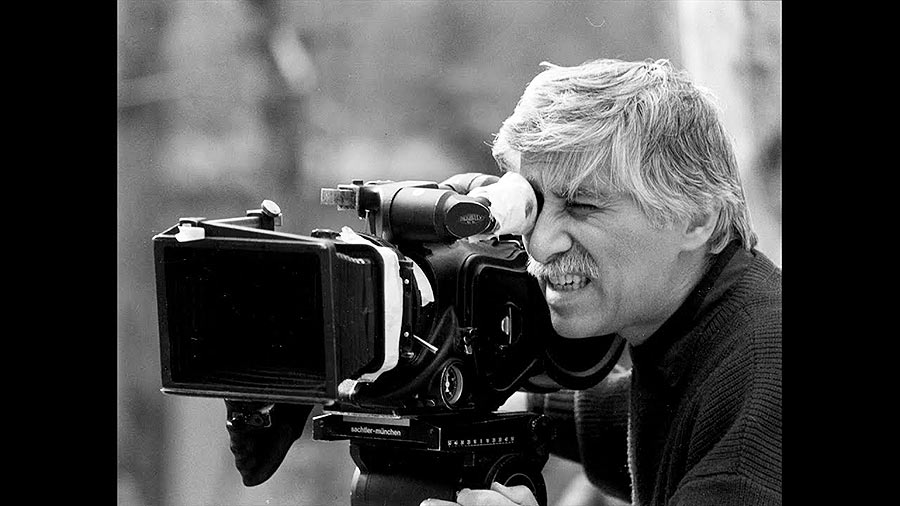 Mansour Jahani2026-01-01
Mansour Jahani2026-01-01Bahram Beyzaie, famous Iranian director and Oscar nominee, passes away at the age of 87
Bahram Beyzaie, renowned Iranian director and member of the Oscars, dies at 87 According to Artmag.ir, Bahram Beyzaie, a prominent…
- Dramatic
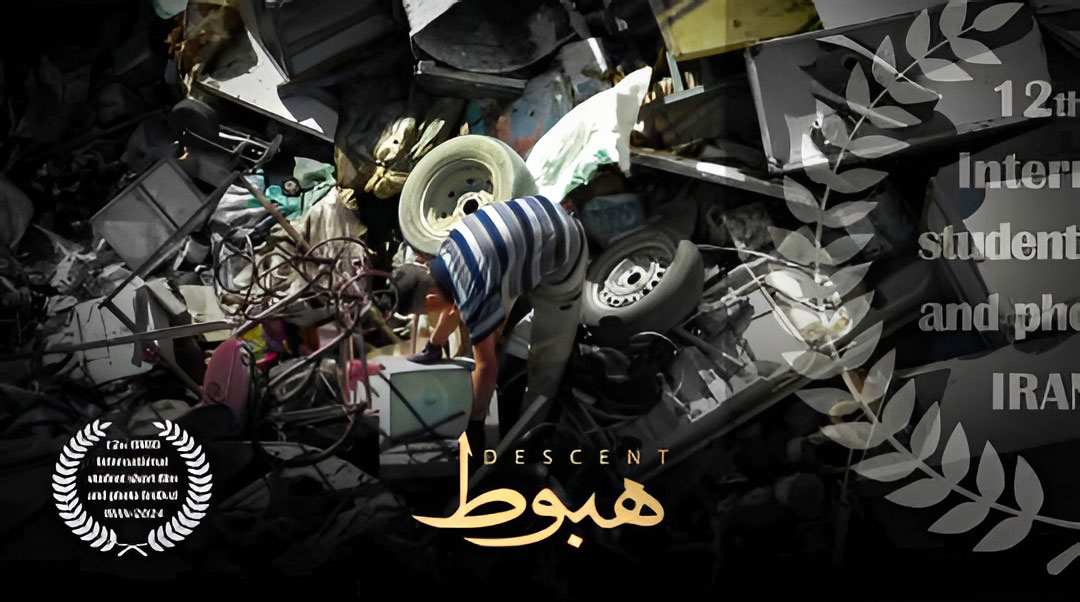 Hamed Bahrami2025-12-23
Hamed Bahrami2025-12-23An analytical review of the short film “Descent” by Ashkan Saedpanah
The short film “Descent,” made by Ashkan Saedpanah, is a minimalist, turbulent, and moving narrative of man’s moral and spiritual…




